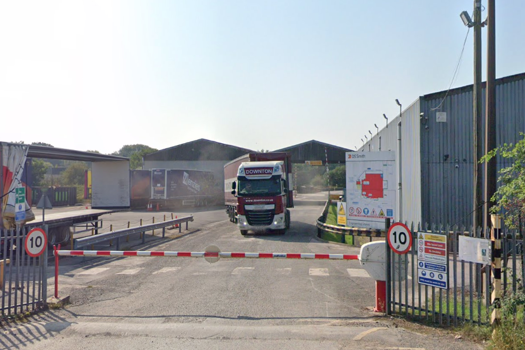Barclays, HSBC, Lloyds and RBS all had their credit ratings slashed as Moody's priced in the decreased likelihood of government support for troubled banks.
The UK banks were amongst 15 global financial institutions downgraded by the ratings agency, including Goldman Sachs, JP Morgan, Credit Suisse, Societe Generale, Deutsche Bank and UBS.
The downgrade will raise the cost of borrowing for the banks, who will in turn look to pass this cost on to their customers through higher interest charges.
Basil Bannayi, managing director of Close Print Finance, said: "It is our view that the cost of borrowing through the traditional wholesale money markets will rise for the downgraded banks and this will undoubtedly increase the cost of borrowing for SME’s as a knock on effect."
However, he added that Close Brothers has a different funding model and as such its customer proposition is "unlikely to be affected".
Nicholas Mockett, partner at Moorgate Capital, agreed that it "seems inevitable that interest rates for bank customers will have to rise to maintain margins" although he added that this was unlikely to happen in the short term.
"I think the markets had been anticipating this and had priced it in to bank stock prices," he said. "I would hope there wouldn’t be an immediate impact on businesses and consumers as only last week the Bank of England and the Treasury announced plans to give banks billions of pounds at low rates."
Gerry Hoare, founder of Deal Bureau, agreed that Moody's decision was unlikely to affect businesses' borrowing costs in the short term but warned that it made the implementation of the Bank of England's scheme more urgent.
"If banks' core borrowing costs go up then it will end up costing businesses more money. Having said that, if the government gets back together and gets the funding in place that they’re talking about for the banks that will probably offset it," said Hoare.
"It's not going to have an immediate impact in the short term – but if the government aren't able to put their funding in place for the banks then longer term it probably will cost the banks more money because they'll go into the interbank market."
However, the bigger problem for many print businesses has remained the availability of finance, with the majority of PrintWeek readers polled claiming a deterioration over the past 12 months [at the time of writing].
Mockett said: "The persistent complaint from businesses has been the lack of access to debt. However, with a lower credit rating the banks will have to offer greater collateral to borrow money and hence the funds available for borrowing customers will come under pressure."
"It is our view that the high street banks have been reluctant to lend to the print sector in any event and this is sure to exasperate the problem," added Bannayi.
"It is Close Brothers' aim to expand into this funding gap and we would welcome the opportunity to further assist the printing, packaging and allied trades wherever we can."
Other problems highlighted by clients, according to Mockett, include "the revolving door on the HR departments and decisions that are driven by rigid computer systems rather than commercial judgement", although all of this is driven by a much bigger problem.
"I think a bigger worry is the slowing global economy, particularly the Eurozone, and the risks that poses to banking – there have already been reports of a mini-run on Santander in the UK," he added.
"In the previous wave of recession, businesses found themselves unable to pay bills or wages as when their banks collapsed their accounts were frozen. Even if the business itself is in rude health, with suppliers having credit insurance in situ, it can be brought down by its banks' failure."
Tweet









